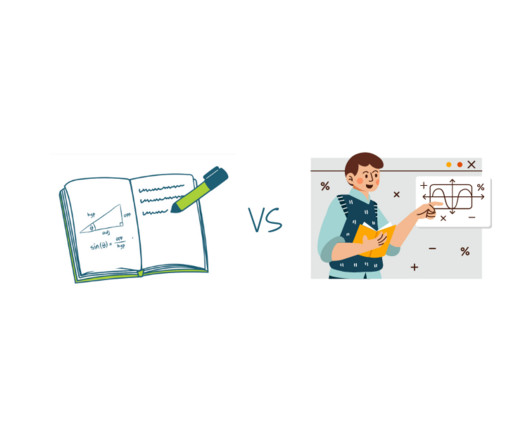Relevant Thinking and Learner Success
A Principal's Reflections
MARCH 3, 2024
Relevant thinking in an educational context refers to connecting new knowledge and skills to real-world situations, making learning applicable to students' lives and future careers. It involves critical thinking directly related to personal experiences, societal issues, or practical applications.
















Let's personalize your content